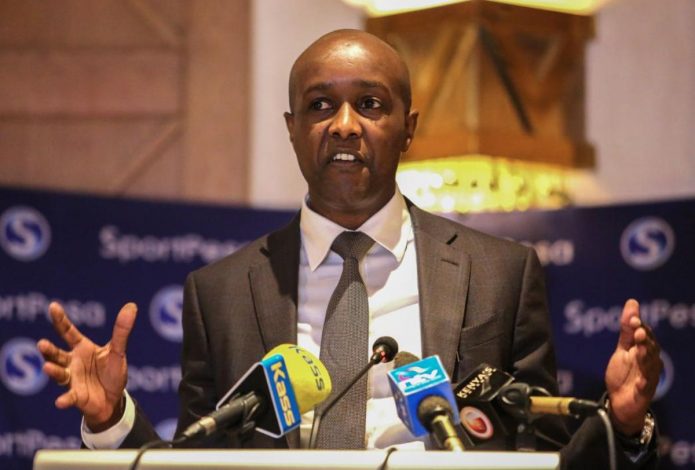SportsPesa faces the potential suspension of its trading license and Paybills if regulatory authorities discover that the company continues to deduct a 12.5% excise from winnings, despite a court order prohibiting such deductions.
The Betting Control and Licensing Board (BCLB) has issued a letter to Milestone Games Limited, the holding firm for SportsPesa, asking them to explain why their license should not be suspended.
BCLB Chairperson Jane Makau directed the CEO of Milestone Games, Ronald Karauri, to clarify why the company failed to comply with a court order issued in Kakamega, blocking the deduction of a 12.5% excise from wins.

The letter, dated November 17, emphasizes the importance of valid tax compliance certificates for licensing requirements.
The BCLB has requested Karauri’s physical presence to provide an explanation, warning that failure to comply may result in decisions being made in the company’s absence.
The BCLB’s action follows a letter from the Kenya Revenue Authority (KRA), which had also been restrained by the court from claiming a 12.5% excise from the sports betting company.
In August, the High Court ruled against the deduction of a 12.5% excise duty on bets, granting a victory to betting enthusiasts.

The court directed KRA not to demand the disputed tax until the case filed by betting enthusiast Edward Okwama was heard and decided.
Okwama argued that the current law is unfair, imposing a blanket deduction regardless of whether one wins or loses. He contended that the law does not address refunds of the deducted tax during disruptions to sports events.
The court also heard Okwama’s argument that there should be income or winnings for excise duty to apply, and it is unjust to demand tax when there is no income or profit.
He criticized the double taxation impact, with betting fans paying both a 12.5% excise and a 20% withholding tax on winnings.
Okwama highlighted the discriminatory nature of the government demanding excise duty on bets without applying the same principle to other sectors.
He expressed concerns about the harsh tax regime, especially for the youth who constitute over 57% of Kenyan sports enthusiasts, emphasizing their engagement in betting for entertainment and economic purposes.







More Stories
EACC Arrests Five Traffic Police Officers in Kisumu–Busia Highway Bribery Crackdown
KRA Officer Arraigned for Allegedly Receiving KES 500,000 Bribe
Anti-Counterfeit Authority Board Chair Gichunge Kabeabea Charged with Bribery